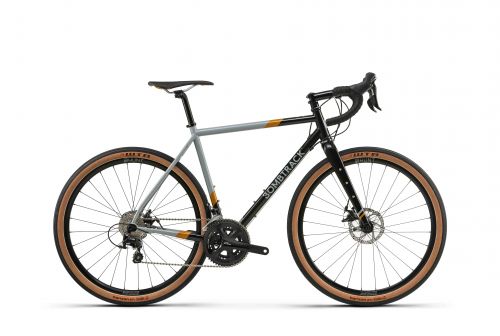BOULDER, Colo. (BRAIN) — Supplier shipments of e-bikes to retailers increased by 16,757 units last year, only slightly more than the 15,883 increase in BMX shipments, but both categories were beaten by gravel bike shipments that grew by 19,268 units. Still this reshuffling of what bike shops were ordering was not enough to overcome falling shipments of road and mountain bikes — categories that traditionally drive the industry — down 28,060 and 10,991 units, respectively.
Wholesalers shipped 2,299,413 bikes last year, a decade low.
According to a Bicycle Product Suppliers Association report, the overall value of bikes shipped last year fell by $15 million, a 1 percent drop in business compared with 2016. Unit shipments fell by 4 percent, a shortfall of 90,875 units. Only six categories posted growth: BMX, 29er front-suspension, 27.5 full-suspension, e-bikes, gravel and 24-inch. All other categories declined.
The growth in e-bike shipments made the largest difference to supplier bottom lines, adding $26.9 million in new business as their average value was second highest at $1,978. Only the average value of 29er full-suspension bikes, $2,133, was higher. The increase in gravel bike business adds $26.9 million in new business, with the remaining four growth categories adding about $5 million in new business each.
The 18 percent growth in BMX business, and a 25 percent growth in BMX unit shipments, is good news for a category that had been struggling a few years ago. Is this bump in business an indication of the balance bike bounce? Hundreds of thousands of kids are introduced to cycling every year on balance bikes, and many move on to pedal bikes.
So far these new BMXers do not appear to be replacing business lost to baby boomers aging out of the market, as adult categories like mountain and road shipments fell 2 and 10 percent, respectively. Transit and fitness bike shipments fell 4 percent, and lifestyle and comfort bikes fell 17 percent.


